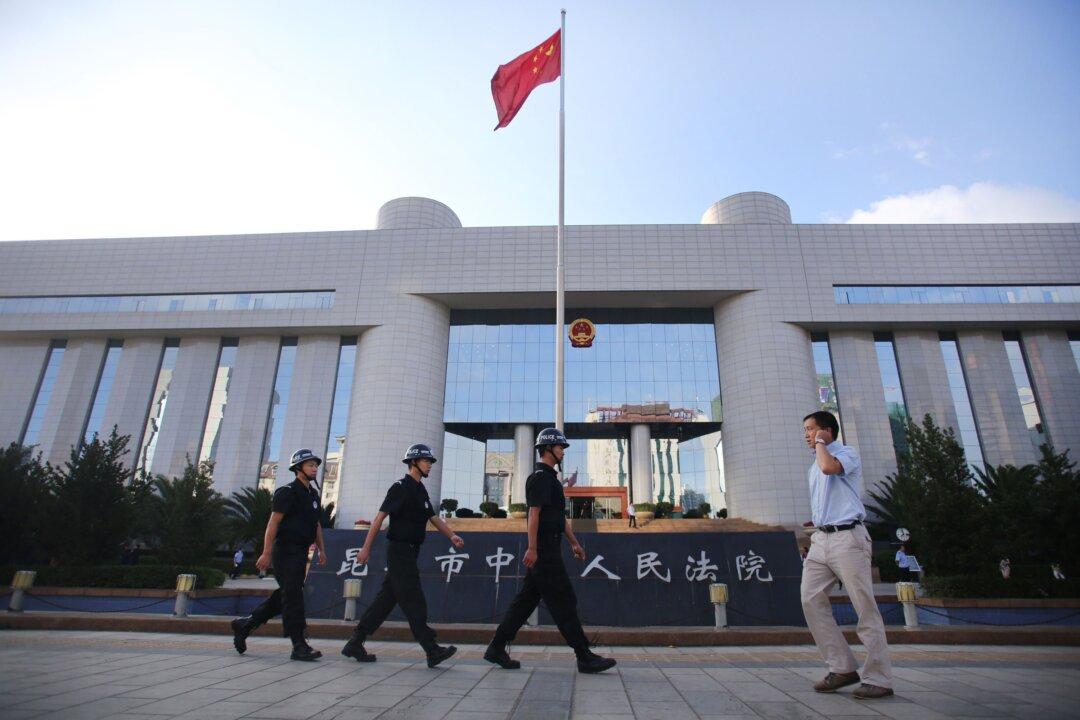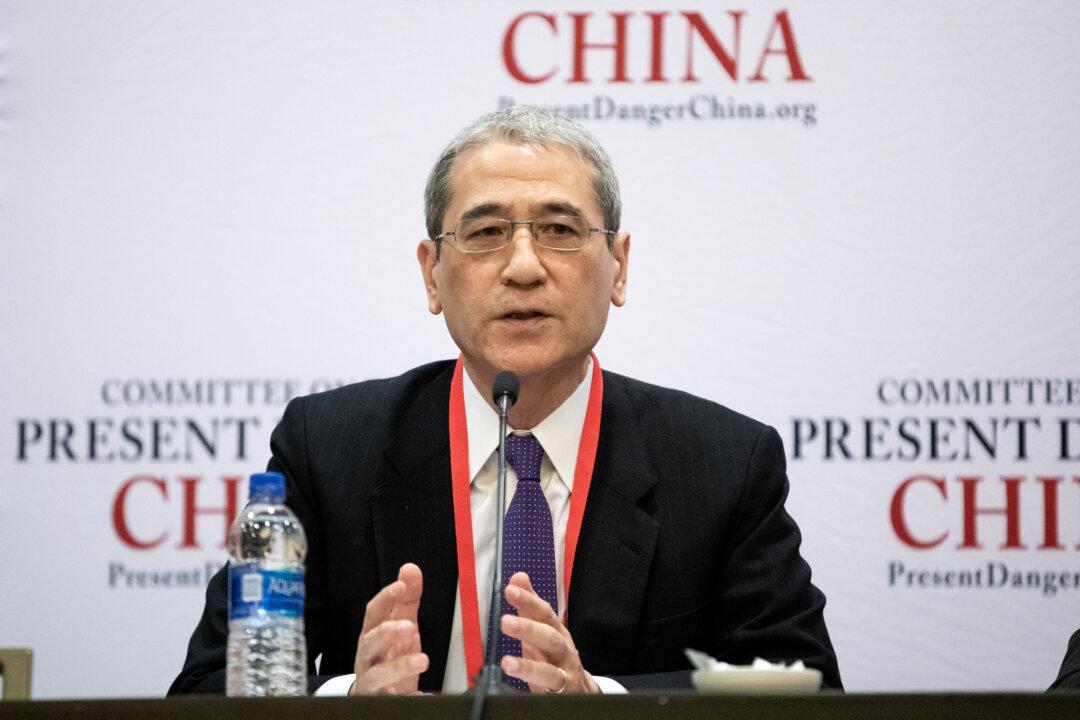In China, justice does not prevail in the court of law. Instead, sabotage, threats, and underhanded tactics decide the ultimate fate of defendants in politically contentious cases. And while ostensibly all citizens are supposed to be under the jurisdiction of the law and the Constitution, the Chinese regime regularly contradicts its own laws to maintain ultimate control.
Here are 5 key methods that Chinese authorities employ (often together) to sabotage politically-charged court cases and secure guilty verdicts.
1. Holding Secret Court Sessions
The Chinese regime often attempts to hold secret court sessions, changing trial dates and alerting family members and defense lawyers only a day in advance, to prevent them from preparing properly for the case and to avoid protests by other human rights activists.
In October 2013, a court in Dalian city charged 13 practitioners of Falun Gong, a spiritual practice that has been persecuted in China since 1999, for installing satellite dishes to receive New Tang Dynasty TV, a New-York based Chinese-language television station that frequently reports on human rights abuses in China.
The defense lawyers did not find out about the proceedings until a day before from the families of the defendants, because none of them had received a formal notification from Zhongshan Court.
2. Harassing, Beating, or Imprisoning Defense Lawyers
To obstruct lawyers from defending a client in sensitive cases, the Chinese police regularly harass, unlawfully detain, and beat them.
Cui Hui, a 51-year-old female human rights lawyer was physically assaulted by two male judges after she filed a complaint at a Beijing court house for delaying a ruling for a contract dispute case, according to a report in Radio Free Asia (RFA). Doctors at Beijing Tongren Hospital discovered injuries to her scalp and eye sockets as well as soft tissue damage to over 40 percent of her body.
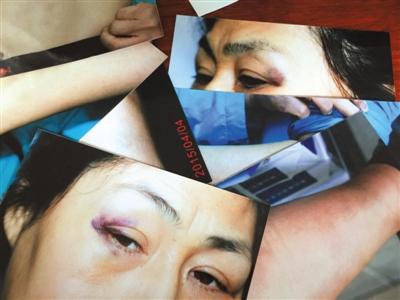
A few weeks later, after hundreds of lawyers called for an investigation into the assault against Cui Hui, the authorities claimed no beating had occurred and offered heavily tampered video footage as evidence.
3. Refusing Lawyers Evidence and Witness Testimonials
Prosecutors often deny key evidence from defense lawyers under the pretense that they contain state secrets. In many criminal cases in China, prosecutors read previously recorded witness statements, and the defense is not given any opportunity to refute those claims, according to the U.S. Department of State’s 2013 Human Rights Report on China. Any requests by the defense for a witness to appear in court can easily be dismissed.
In a highly publicized trial in 2014, China’s prominent dissident, Yang Maodong, also known by his pen name Guo Feixiong, and another activist Sun Desheng were charged with mobilizing a crowd to disrupt public order. They had urged the Communist Party to disclose government officials’ wealth and to respect human rights, as well as encouraged people to denounce censorship at Southern Weekend, a newspaper based in Guangzhou. Prosecutors refused to give Yang’s lawyers access to large amounts of evidence, in violation of the criminal procedure law.
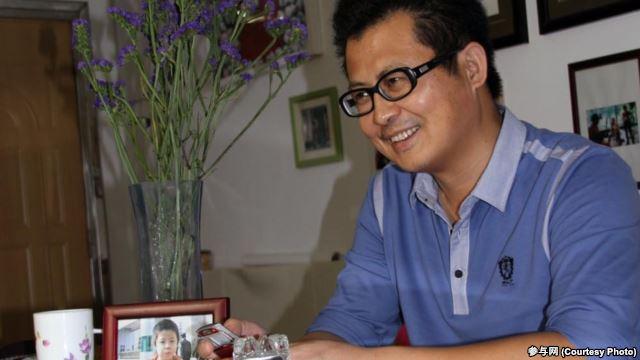
Furthermore, the request of the lawyer of Sun Desheng for witnesses to appear in court were disregarded.
4. Crowding the Courtroom with Communist Party Supporters
To provide an illusion of a public proceeding while simultaneously preventing any sympathizers of the defendant from spreading evidence of the illegitimacy of the trial, the Chinese regime often resorts to a “rent-a-crowd” solution.
In a Shandong case involving Falun Gong practitioners in June of this year, the lawyer Wang Quanzhang entered the courtroom to find it packed with “all sorts of people,” many of them apparently Communist Party members, meaning the family members of defendants were unable to get a seat.
In another Falun Gong case in Sanhe, Hebei Province, dozens of plainclothes police officers filled the visitor section, and only a few of the relatives were able to get a seat.
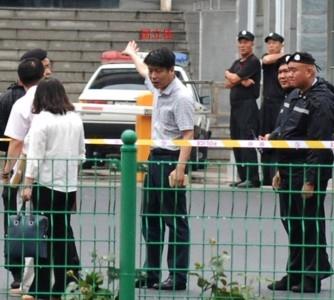
5. Applying Vague Laws to All Dissidents, Activists, or Religious Practitioners
“Inciting subversion of state power” and “gathering a crowd to disrupt order of a public place” are two crimes commonly used to charge political dissidents and human rights activists.
Gao Zhisheng, one of China’s most well-known human rights lawyers, was given a found guilty of “inciting subversion of state power” in 2006 after defending many disenfranchised groups, including Falun Gong practitioners. He suffered severe torture at the hands of the Chinese Communist Party, and was not released until August 2014.
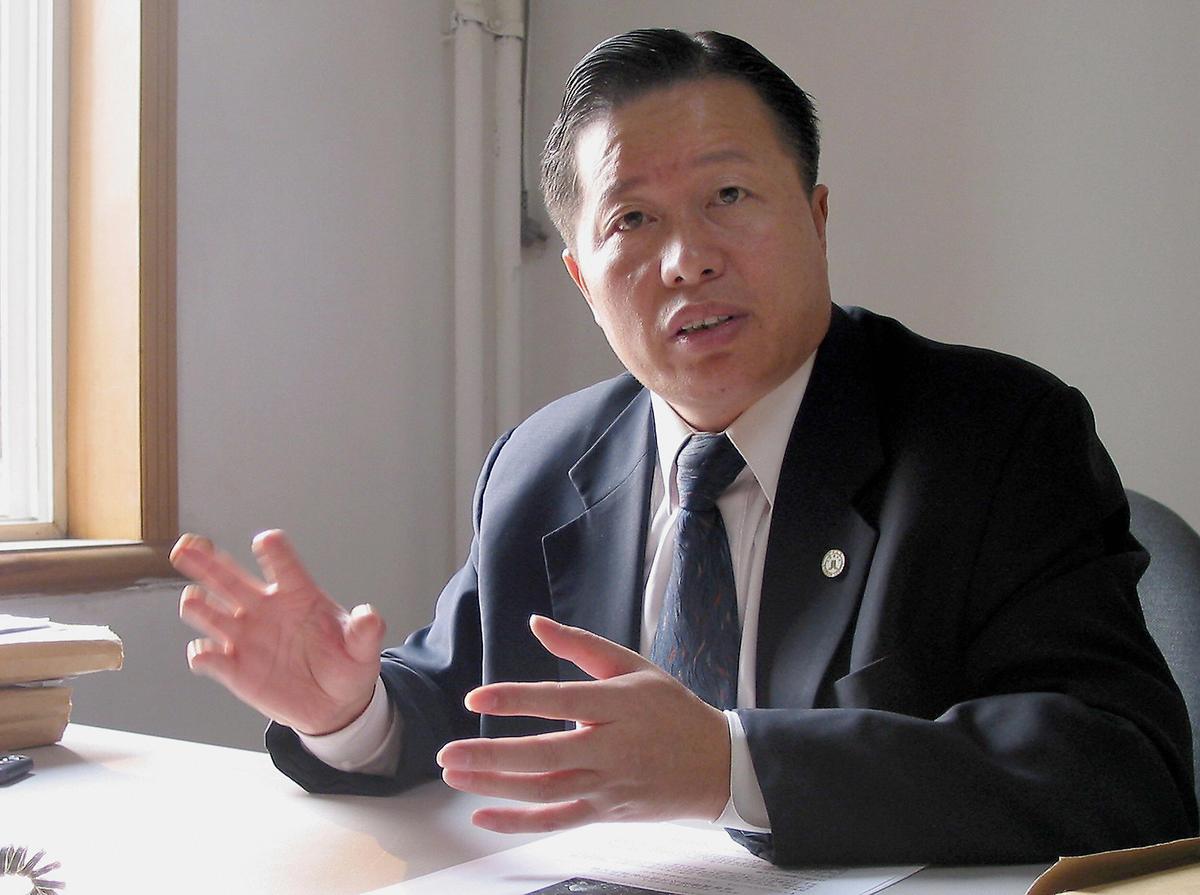
And in an attempt to legitimize the persecution of Falun Gong and other religious groups, Chinese authorities created Article 300, which criminalizes “organizing and utilizing an evil religious organization in undermining implementation of law.”
Legal analysts, however, say that the law is itself unconstitutional, and differs little from charges such as “counterrevolutionary crimes.” Referring more broadly to the persecution of Falun Gong, Yiyang Xia, the Senior Director of Research and Policy at the Human Rights Law Foundation, wrote, “The Chinese government never legally banned Falun Gong and there is, in fact, no law on the books prohibiting this religious practice.”
